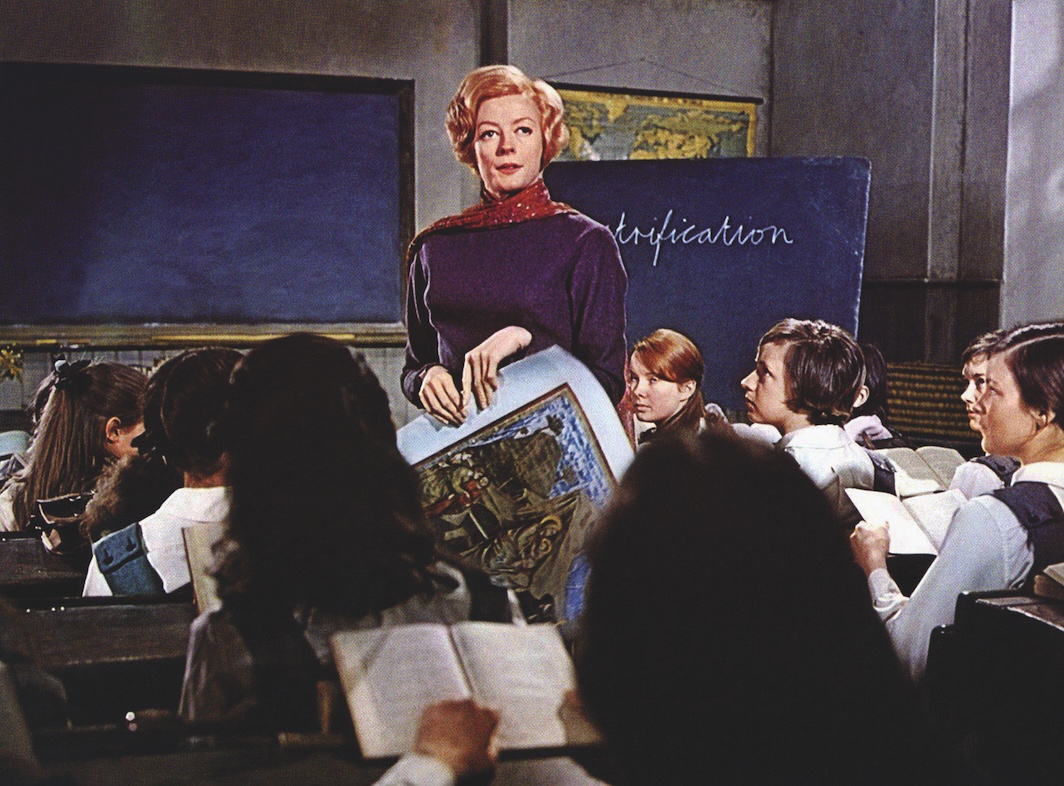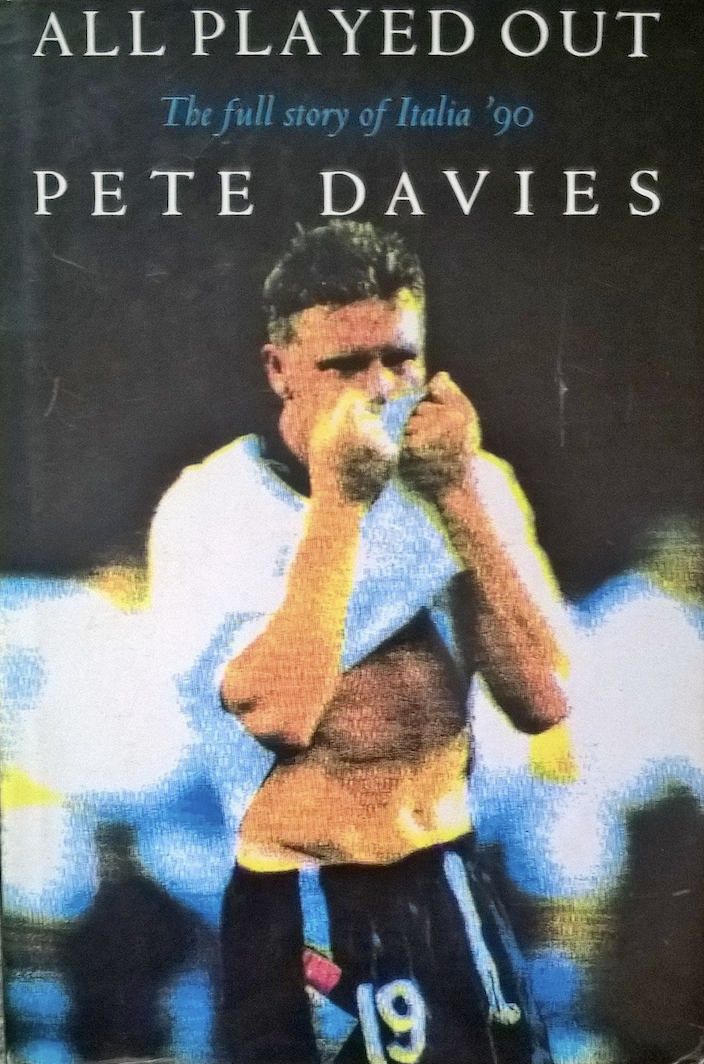
Leo Robson

THE UNCANNY fertility and invention displayed by the writing of Muriel Spark has been a consistent source of awed bemusement. Gabriel Josipovici, an experimental writer quick to identify Spark as a rare British predecessor, called her novels—she published twenty-two in all—“a joy to read and a nightmare to talk about.” Renata Adler, in the Spark […] 
IN HARI KUNZRU’S NOVEL My Revolutions (2007), which starts in Britain in 1998, the narrator, a fifty-year-old named Michael Frame, receives a visit from an old friend, Miles, the only person who knows that he is a former violent radical living under an assumed identity. To the delight of Michael’s younger wife and late-adolescent stepdaughter, Miles reels […] 
HOW ROMANTIC IS J. M. COETZEE? At first the question, prompted by his eighteenth novel, The Pole, sounds like a joke. The journalist Rian Malan, who visited Coetzee’s office at the University of Cape Town in the early 1990s, reported that the novelist didn’t smoke, drink, eat meat, or, except on very rare occasions, laugh. “It helps to have a piercing gaze,” Coetzee wrote in one of eight essays on Beckett, and his own author photographs show a man who, with his ironed shirts, unvainly swept-back hair, and eyes that would win any no-blinking competition, resembles a semi-retired notary public, or 
“THE MINDSET WAS PREDISPOSED TO BE NEGATIVE,” the writer Pete Davies said not long ago. We were discussing English attitudes in the run-up to the 1990 World Cup—Italia ’90—the subject of his elating travelogue, All Played Out, often described as the greatest book about soccer. The national game had been in a bad way—the playing style primitive, the supporters feral. An article by Brian Glanville, a prominent reporter, carried the headline “England Abroad: Shame and Mediocrity.” The general prognosis was that the team would be, in Davies’s word, “shit,” that “we’d be an embarrassment” both on and off the pitch. 
SOONER OR LATER, every great novelist, however ornery or eremitic, is portrayed as an observer of their times. “Flaubert’s Politics” must have sounded like a joke title, a parody of revisionism, when, in 1937, an essay with that name, arguing that the supposedly rarefied author had in fact engaged extensively with public affairs, appeared under Edmund Wilson’s byline in the pages of the Partisan Review. But the expansion of universities—and the explosion of academic publishing—has long since rendered the zany-looking intervention a commonplace occurrence. During the 1980s, for instance, a period notable for its engagé critical tendencies, a group of 
Chris Adrian’s prose is so alive with sweet and quirky phrasing, so comfortable with the sexual and the theological, and so optimistic in the face of putative certainties that readers may find cause for gratitude even in a novel that is foolish in conception and inept in structure. Such grateful moments are certainly rarer in The Great Night, Adrian’s latest, than in Gob’s Grief (2001) and The Children’s Hospital (2006), and they become rarer as the novel progresses. The Great Night is hampered by technical decisions rather than Adrian’s sentence-by-sentence conduct; there are flaws of narrative construction as well as 
“Everyone thought my husband was a happy person that a husband like mine must make me the envy of every woman that life with my husband must be nothing but fun and games,” says Bohumil Hrabal’s wife, Eliska, the narrator of Hrabal’s novelized biography Vita Nuova: “But it was something else entirely.” In a series of interviews given in 1984 and 1985, published in English as Pirouettes on a Postage Stamp, Hrabal said that he was eager, in “the trilogy I’m working on now . . . told with great mirth by my wife,” to avoid creating an image of